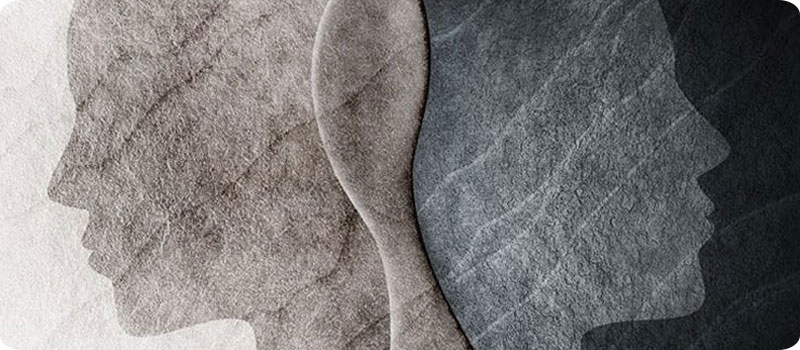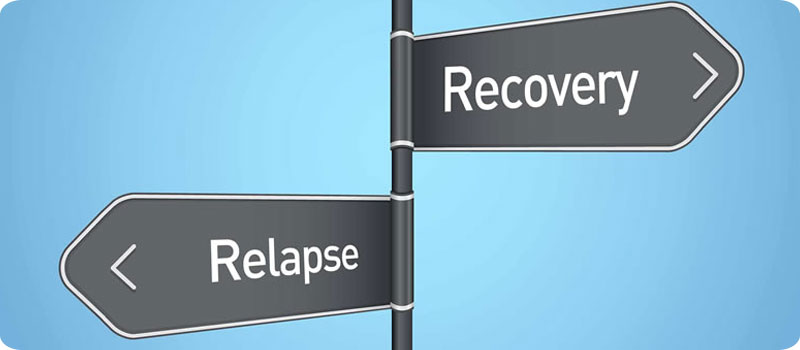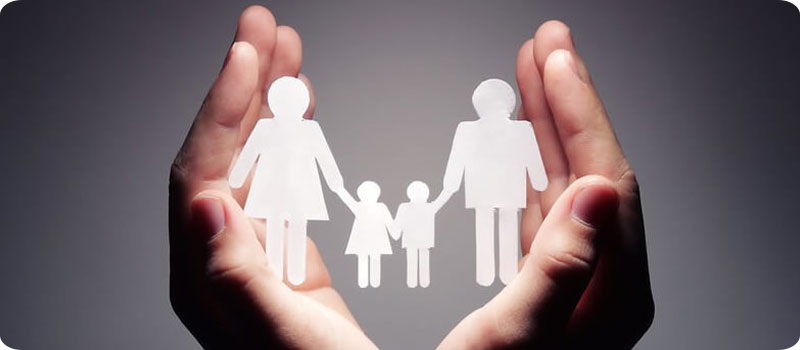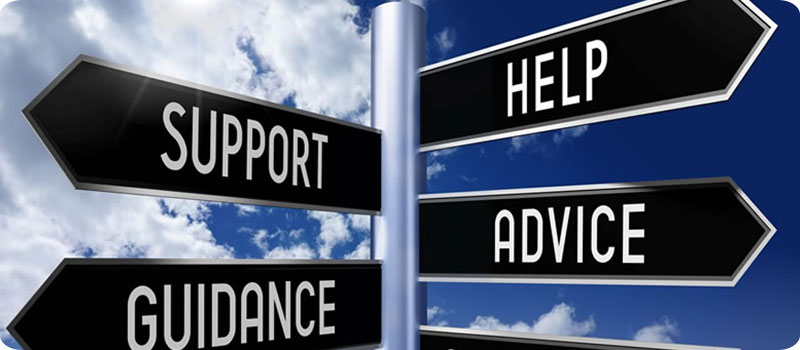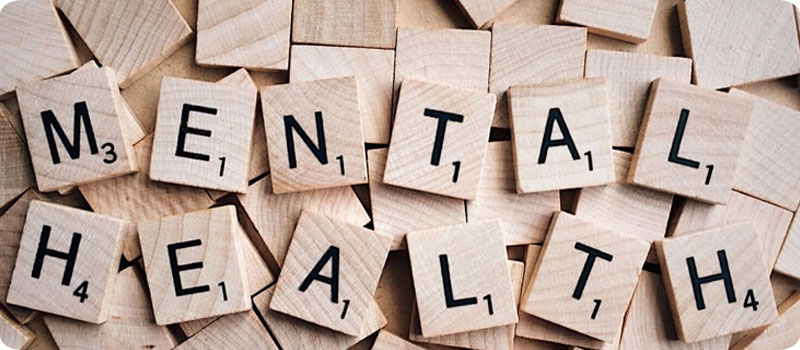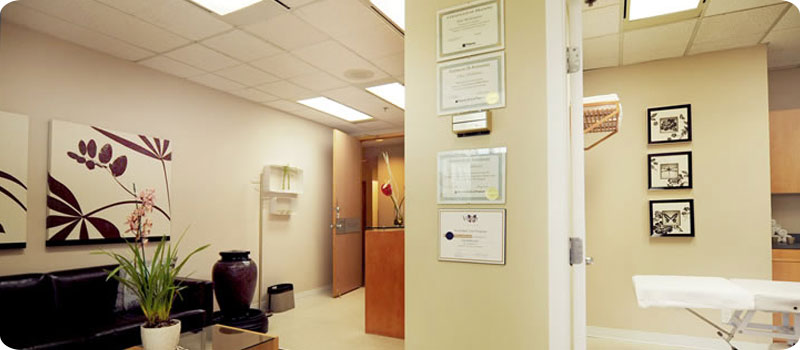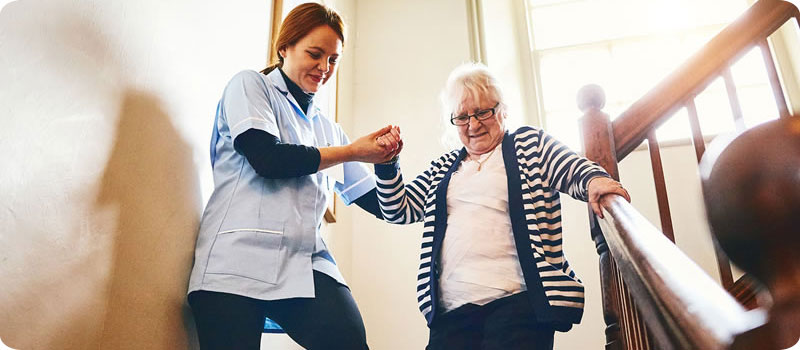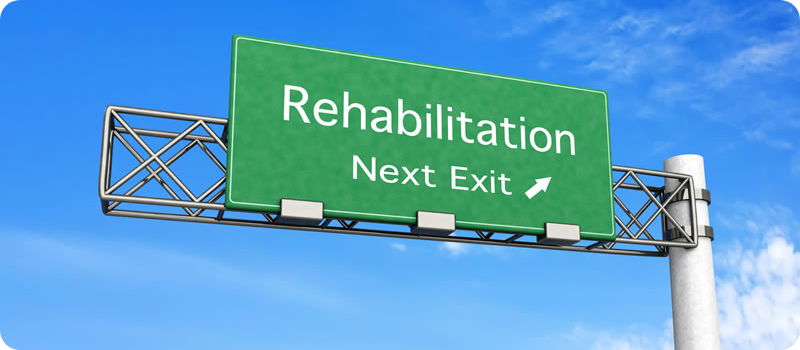
Individual Counseling
Individual counseling is a key component of rehabilitation programs in many settings, including substance abuse treatment centers, mental health facilities, and physical rehabilitation centers. The goal of individual counseling is to provide a supportive and non-judgmental environment in which clients can explore their thoughts, feelings, and behaviors in a safe and confidential setting.
In a rehabilitation center, individual counseling may involve one-on-one sessions with a licensed therapist or counselor who specializes in helping people recover from addiction, mental illness, or physical disabilities. The counselor will work with the client to develop an individualized treatment plan based on their specific needs and goals.
During individual counseling sessions, clients may discuss a wide range of topics, including their struggles with addiction or mental health, their relationships with family and friends, and their plans for the future. The counselor may use a variety of techniques to help the client identify patterns in their thoughts and behaviors that may be contributing to their difficulties, and to develop strategies for coping with these challenges.
Some of the benefits of individual counseling in a rehabilitation center may include:
- Providing a safe space to explore and process difficult emotions and experiences
- Helping clients develop coping skills and strategies to manage stress, cravings, and other triggers
- Building self-awareness and self-esteem
- Improving communication and interpersonal skills
- Providing a sense of accountability and support as clients work towards their recovery goals.
Overall, individual counseling is an important component of rehabilitation programs that can help clients overcome their challenges, build resilience, and improve their quality of life.

